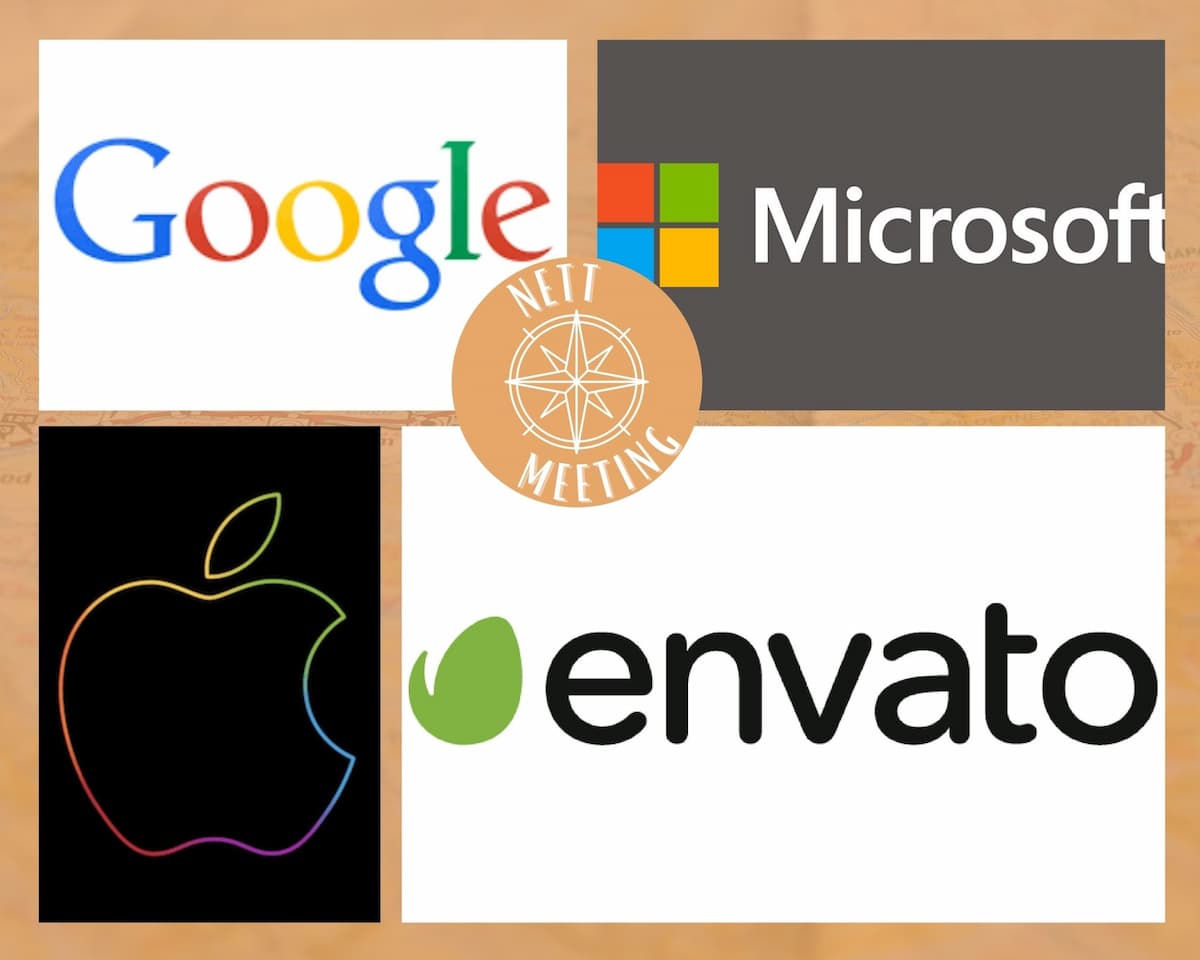Public in private
I love ice cream. If I ate all the ice cream I wanted, I’d probably weigh 200kg. So I don’t buy it very often, and I don’t keep it in the freezer – my willpower won’t allow it. I also don’t scan the paper for sales on ice cream – that would end in tears, and a rapidly expanding waistline. My relationship with ice cream is a lot like the one a small child has with the monster in the closet. I know it’s there, but if I don’t look that way then it can’t hurt me.
When I received a Twitter message – aimed directly at me – inviting me to sample a new flavor of a super-premium ice cream (a flavor I know well, and therefore scrupulously avoid), I was surprised and a bit confused. This message wasn’t from any of the hundred-or-so friends I follow closely. Nor, when I took a closer look, was the message from any of the fifteen thousand folks who follow my tweets.
A person who doesn’t know me – who has absolutely no connection to me at all – invites me to sample some ice cream? If I were a child, my parents would be calling the police. I decided to take a closer look at this person and quickly discovered that they’d sent out the same message, time and time again, to many other people who live in Sydney. Ah, I thought, a spammer.
Unscrupulous folks frequently create Twitter accounts, then beam hundreds or thousands of unwanted messages to individuals, until those accounts get blocked and shut down by Twitter. This happens all the time, and although it’s somewhat unpleasant, it’s yet another sign of the growing relevance of Twitter. These spam accounts typically have computer-generated names, like ‘@hell01amaspammer’. But the account spamming me with this offer seemed to represent a real person. Amidst all the spam, there were conversational tweets, and the account name seemed entirely authentic, pointing to someone in Sydney.
That seemed very weird. I’d never seen a human spambot. Who would do such a thing? Why? You’d soon find yourself blocked by everyone you spammed, and eventually, Twitter might shut down your ‘legitimate’ account. Could it be that this person didn’t understand the rules of social media? Namely, listen before you speak, go only where welcomed, and never, ever spam.
I examined this woman’s Twitter profile. Bingo. She announced herself as the public booster of this ice cream, making it look as though she was doing it from the goodness of her heart, a disingenuous way of acknowledging her use of guerilla marketing, using an unconventional channel to get the product message out there.
That’s when I got angry. I realized that I’d been the recipient of advertising sanctioned by a big brand. A manager paid this woman to spam me. That had to stop. If that kind of behavior went unchallenged, it would be the death of Twitter. So I named and shamed her, and asked my followers to block this woman as an annoyance, someone who was actually damaging the brand that she sought to promote.
Another of my well-connected friends caught the same treatment from this spammer and pointed out – after he too named and shamed her – that she’d just made more than thirty thousand people painfully aware of her bad behavior. Her response? ‘Fair enough.’ Then she kept right on spamming.
It makes no difference whether this woman was acting out of malevolence or stupidity. She wasn’t listening to anything we repeatedly tried to tell her. If I was the one that employed her, I’d have fired her on the spot.
I kept my tweets even and measured. I wanted to lose my temper, to scream and shout and swear, but that wouldn’t have been appropriate. My Twitter account reaches too many people and is forever searchable on Google. If I said something truly nasty, it might come back to haunt me later on, in the form of a defamation lawsuit.
I have always been in favor of public Twitter accounts; they make it much easier for other individuals to discover you. I’m growing increasingly aware that there’s room for both public and private accounts. Any individual, or business, which needs to present a public face undoubtedly longs for a private place, far from the crowd.
If you have a public account, consider setting up a separate, private account, which connects only to those who won’t be offended when you need to blow off some steam, be obscene, or say something politically incorrect. None of us are perfect. Create a playground for your imperfections to avoid some of the smashes that come with being social.
Mark Pesce is the co-inventor of the VRML and founder of Future St, a Sydney media and technology consultancy. He is also one of the judges on ABC’s The New Inventors.




